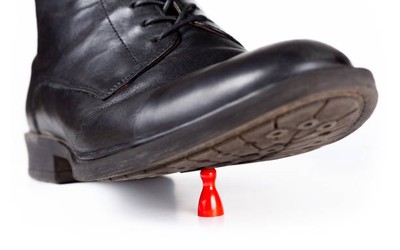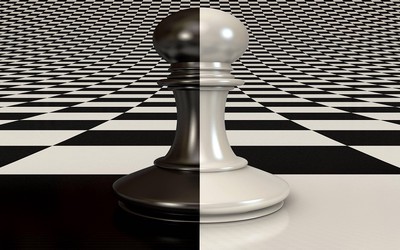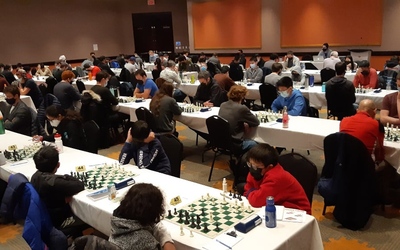
Scrutinizing Blunders
A Deep Dive into the InevitableAre All Blunders Created Equal?
"The only things certain in life are death and taxes." - Benjamin Franklin
For the common citizen, this statement certainly rings true. For us chess players however, we can add blunders to that list. Why is that so? Well, I'm no psychologist, so any such hypotheticals are not the topic of this blog.
I remember it vividly as if it were yesterday: summer of 2021, mere months after the chess club reopened from the pandemic for the second time. I was playing in just my second full tournament ever, at a provisional rating but still close to a 2000 rating strength. In the final round of the event, as I was poised to win my section, I committed my worst choke in chess to date. Consider the following position:

Up to this point, I had executed a brilliant attack in the aggressive 6.Bg5 variation of the Najdorf where I sacrificed a knight for checkmate, and ultimately won the opponent's queen. Now, Black's chances of survival are clearly a non-starter—never mind the fact that I have a forced mate in three from this position.
Believe it or not, I managed to lose this game. And no, it wasn't due to an "IRL mouseslip" or anything of the sort. I just missed the obvious win for some inexplicable reason, then proceeded to tilt out of my mind, playing one bad move after another until my defeat. (Chapter 3 of the study below)
For many players much stronger than me, this wouldn't even be as bad of a throw as their worst OTB memories. I have seen some of these terrible blunders first-hand, and every instance leaves me scratching my head in disbelief. Although there is little correlation amongst my worst blunders throughout my career, I can say that at least I don't usually hang material or a checkmate in one move. Rather, broadly speaking my blunders are typically either the result of a subtle calculation or visualization oversight, a major positional misjudgment, or some technical conversion/defensive error.
Often these mistakes of mine were exacerbated by a hallucination at the board or an emotional impulse, which I believe are a product of both my inexperience as well as my relatively late chess upbringing—while this theory could very well be a bunch of nonsense, one could imagine that a strong player who started chess in his childhood would likely approach the fundamentals of chess differently from an equally strong player who started much later. This in turn may affect the players' thought process and mindset in critical junctures of a game.
In any case, I took it upon myself to take a trip down memory lane, having compiled a fully annotated list of my worst OTB blunders. I made it as entertaining of a read as I could for the reader with insights into what I may have been thinking at the time. If you had any similar experiences to mine, or have any other questions or comments, please leave them in the designated blog forum below.
- pd159




